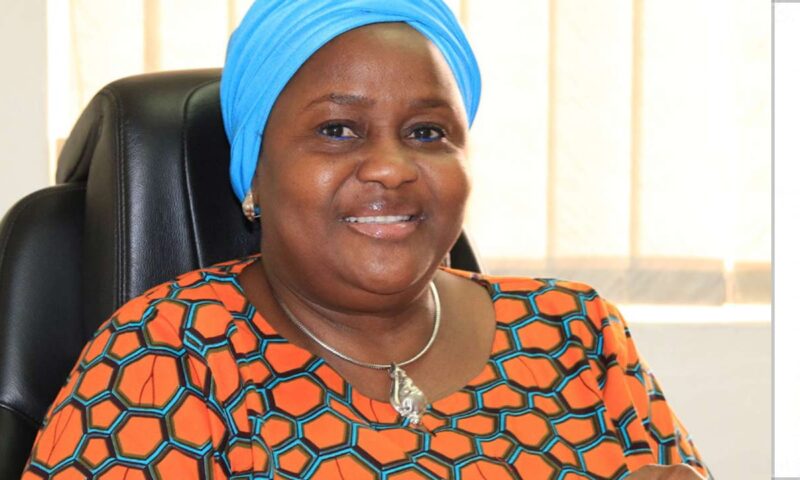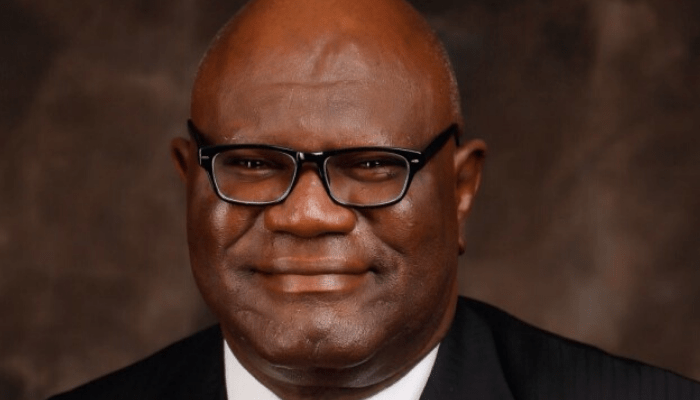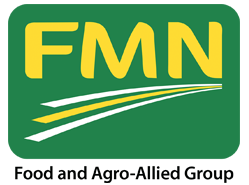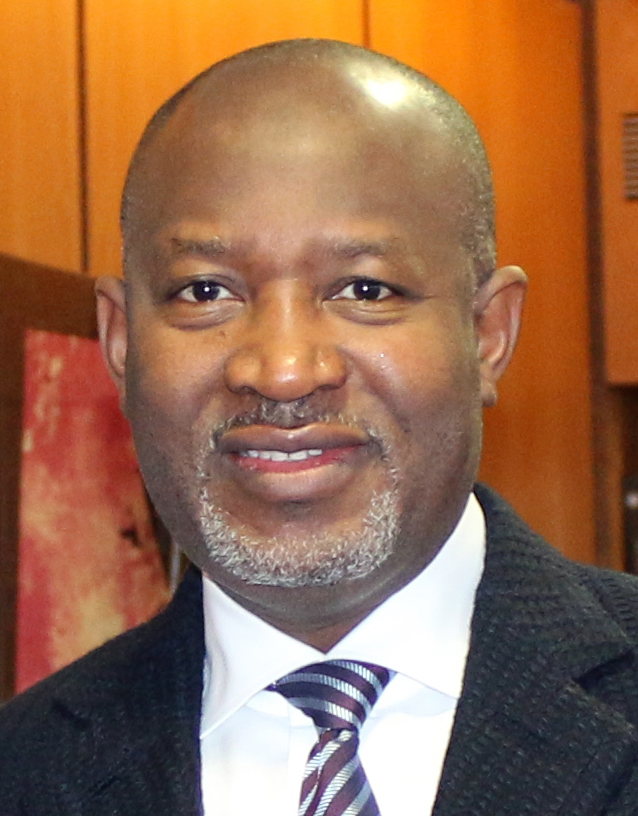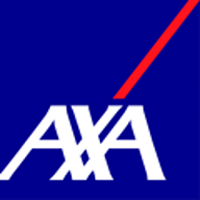By Favour Nnabugwu
Airlines in the country are said to be owing Federal government agencies to the tune of N37 billion, according to the Minister of Aviation, Sen. Hadi Sirika.
He also alleged that despite the fact that Bi-Courtney Limited, was owing about N13 billion, it has not remitted a dime to government coffers for 13 years.
Sirika stated this when he featured at the ministerial press briefing organized by the Presidential Communication Team at the presidential villa, Abuja.
The Minister explained that the debts were owed to aviation parastatals including Federal Airports Authority of Nigeria (FAAN), Nigerian Airspace Management Agency (NAMA), Nigerian Civil Aviation Authority (NCAA) among others.
He further said that government had been circumspect in demanding for the payment mindful of how the might react.
He, however, vowed that the government would go after the airlines and other aviation stakeholders to make sure that they pay what they owe.
Speaking on the controversy over the disbursement of the N5 billion COVID-19 palliative to aviation stakeholders, he said that it was agreed that airlines owing aviation parastatals should not benefit from the palliative.
According to him, “In fact, the service providers in our system, FAAN, NAMA, said oh these guys are owing us, we should take the money from the money being given as palliatives.
“We said no but the intent of President Buhari is ensure that he cushion the effect on businesses. Let us find a way of surviving, and let them take the money. So we would have taken the money and left them with nothing and we stay with nothing.
“So, this brings to the question on the money owed the parastatals. It is about N37 billion that they are owing, especially, Arik, the culprit. I know they’re owing us about, N13, N14 billion.
“If you’re owing government, you are owing FAAN, the Bi-Courtney is owing about N14 billion as at the last count. It has not paid a single dime since the time he started to run the terminal building. And we have not ceased giving him, electricity, water, fire cover, and so on and so forth. He hasn’t paid a dime for 13 years.
“And if we go to shut his doors, media, of course, and Nigerian people will say we’re killing businesses but he is killing our services too, because we have to have that money to provide for that toilet that you’re looking in Lagos airport. Most of these are living by their IGRs and so, we need the money but we will go after the money.”
On the alleged non remittance of N13 billion by Bi-Courtney Limited, to government coffers for 13 years, he recalled how Bi-Courtney obtained the contract to build Lagos Terminal, adding, “They built it not in the original location that we gave. They moved to another location.
“They also annexed what is not part of the agreement, like the car park and the school and so on and start to build hotel, which is not part of the agreement. But that’s another issue.
“So they produced a terminal. But when you produce terminal, you should be paying the agreed money back to government overtime to a point where you will return the terminal building. In this case, it was supposed to be 12 years because he didn’t do anything abinitio initially. After two years of doing nothing, he now quickly built and when already 2, 3, 4 years has gone from 12 years.
“He went for a review. Mind you, there is no ICRC (Infrastructure Concession Regulatory Commission). So, there is no regulator. He went to government to review it to from 12 years to 15 years to 20 years to 25 years to 30 years to 33 years. And we met it that way.
“And over that 13 years, he has not paid FAAN or any agency as single dime for operating that terminal till today.
“So, we ought to be paying so the other 25 years we would have made money out of it. He would have made his own money and you hand over the building back to us.
“Well, I have to go into the books to know to know the numbers that was agreed. So, it happened like that because there is no institutional framework. There is no legal framework to deliver concession. Today in Nigeria, there is ICRC that will guide this concession and we will make money from day one. Okay.
“The BPE is selling of government properties. But concession is that of the ICRC which is established by law, and we’re using ICRC to do our own.
“So, yes I said, he has not paid a dime to us and is still there and we are providing electricity to him. We are providing security to him. We are providing fire cover to him, and so on so forth. And we’re providing our own runway for him to land. We are also providing our own apron because is our spaces, our land. He is not paying a dime yet.”
On how government will deal with the situation, he stated: “Yes. Well, we’re resolving it and we’re talking with Bi-Courtney. We will ensure that we recover people’s money and also recover the property and put it to use in accordance with the law of the land.”
The minister also gave the reason for the frequent collapse of airlines in the country, noting that it is because of poor management capacity.
He said the federal government has therefore decided to establish an Aviation University for the development of all round capacity in the sector.
Sirika added that a small team is already working on the outline of the university, which he said, will be run half online and half full time.
He also revealed that the ministry has released a total of 67 final aviation accident reports covering the period of 2007 – 2016 in government’s bid to ensure that the causes of previous airline accidents are known.
Sirika, who affirmed that the Civil aviation sector can sustain the Nigerian economy, said four airports have already been designated as special economic zones.
Speaking on the achievements of the Aviation ministry under the current dispensation, the minister said these included seven standardized training packages developed with International Civil Aviation Organization (ICAO), construction of Boeing 737 Simulator building, supply and installation of Boeing 737NG full flight simulator, supply and installation of THALES DVOR/DME and Instrument Landing Systems for flight training, automated fire/smoke aircraft training simulator among others.
While noting the completion of work in different airports across the country, he said five airports have already been fitted with Instrument Landing Systems (ILS) to enable aircrafts to land in poor conditions, noting that plans are on to extend it to a total 15 airports in all.
He said Nigeria has also acquired the capacity to download cockpit recorder content for accident investigation, a facility, which he said is the 3rd best in the world.
On the proposed new national carrier, Sirika said his ministry will present the re-worked Outline Business Case (OBC) to the Federal Executive Council (FEC) in the next one or two weeks for approval.
He also stated that plan for the airline was on course, explaining that government recently launched the airline logo in the United Kingdom for the sake of exposure.
Answering a question on the plight of airline passengers in the country, the minister said operators must provide refreshments to passengers or refund the full cost of tickets where they delay their flights.
Referring to the rights of passengers contained in a leaflet he brought to the briefing, he said: “On domestic flights, delay beyond one hour, carrier should provide refreshments, and one telephone call, or one SMS, or one e-mail. They should send you an SMS or email or call you to say, ‘I am sorry, I am delaying for one hour.’
“Delay for two hours and beyond, the carrier shall reimburse passengers the full volume of their tickets.
“Delay between 10pm and 4am, carrier shall provide hotel accommodation, refreshment, meal, two free calls, SMS, email and transport to-and-fro airport.”
He said the same thing is required of international airlines.


